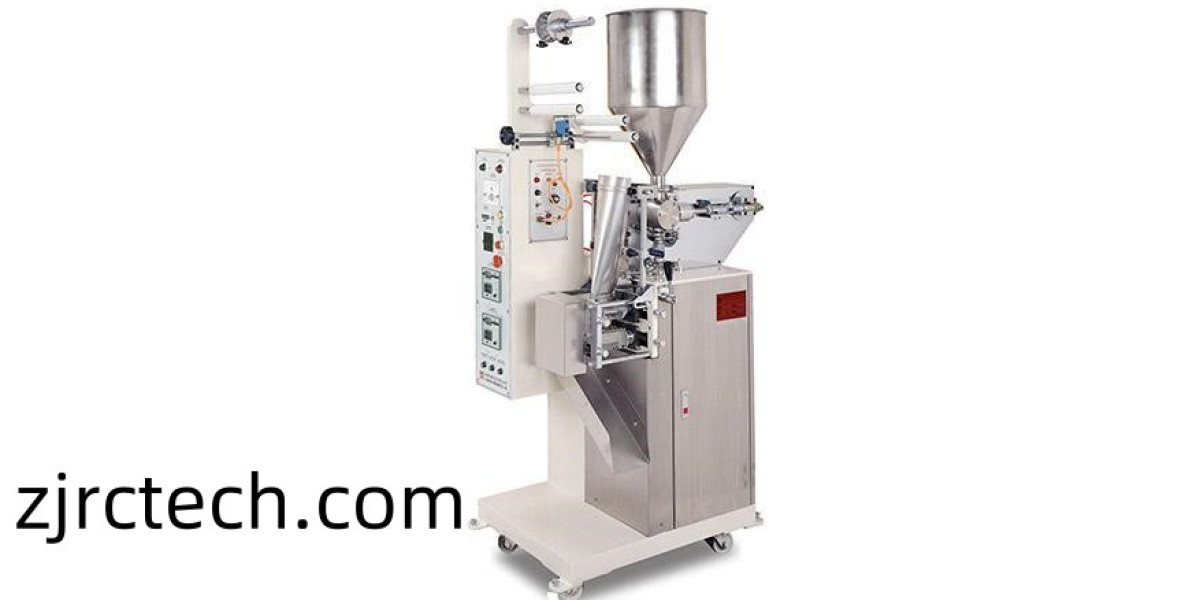In today's fast-paced food industry, the role of a Food Machine has become indispensable in supporting efficient production and consistent product quality. With the rise of global demand and the necessity for safe, hygienic, and appealing food, such machines are now regarded as vital investments for businesses seeking both performance and long-term stability.
Food processing is no longer a small-scale activity limited to manual labor. Advanced machinery ensures that every stage, from preparation to packaging, is completed with precision. This not only saves time but also guarantees product uniformity, which is critical for consumer trust. Customers expect the same taste, texture, and appearance every time they purchase an item, and machines make this possible at scale.
Another benefit of these systems is their adaptability. They can be used for various types of food products, ranging from baked goods and confectionery to snacks and ready-to-eat meals. This flexibility allows manufacturers to diversify their product lines while maintaining efficiency. When market demand shifts, businesses can adjust production without unnecessary downtime.
Food safety is one of the most important considerations in the industry, and modern equipment supports strict standards. By minimizing direct human contact and ensuring controlled production environments, the risk of contamination decreases significantly. Cleanability and compliance with hygiene standards are also built into machine design, making them a reliable choice for safeguarding consumer health.
Energy and resource efficiency are becoming increasingly relevant as sustainability rises in priority. Many machines are designed to optimize material use, reduce waste, and align with environmentally conscious practices. This not only benefits the planet but also supports companies in reducing costs and improving overall operational responsibility.
The financial aspect is equally important. While purchasing such systems involves initial investment, the long-term benefits include higher productivity, reduced labor needs, and minimized errors. Over time, businesses find that the return on investment far outweighs the cost.
In conclusion, the role of advanced equipment in the food sector cannot be overstated. It combines efficiency, adaptability, safety, and sustainability in ways that manual processes alone cannot achieve. As technology continues to evolve, these machines will further enhance the way food is prepared, preserved, and delivered to consumers worldwide.
For more insights into modern solutions, visit https://www.zjrctech.com/product/
